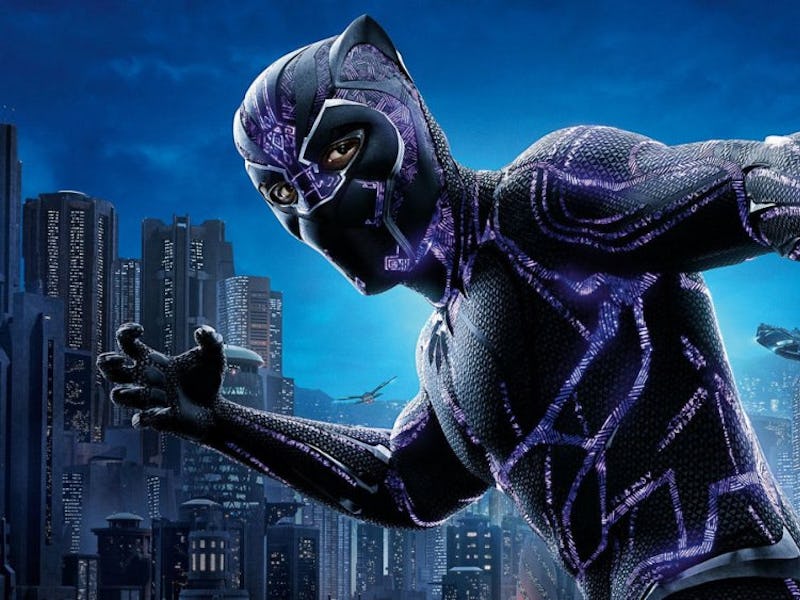Black Panther: Wakanda Forever title reveals more than you think about Marvel Phase 4
The Marvel Studios sequel's new title shines a promising path forward for the MCU.

"Wakanda Forever." Together, those two powerful words form an even more powerful phrase, one that's at the core of the Black Panther franchise and the Marvel Cinematic Universe at large.
In fact, "Wakanda Forever" is more important now than ever before. It's the subtitle for the next Black Panther movie, and as such, it shines a path forward for one of the most important and beloved film franchises in history. Here’s what the official title of Black Panther 2 reveals about the highly anticipated sequel.
The news dropped as part of Marvel's announcements about its upcoming feature film slate, known widely as Phase Four, and marks one of the first major public developments since the tragic death of Chadwick Boseman in August 2020. In essence, it reveals that the next main character in the Black Panther franchise won't be a person, and not even necessarily a place so much as a state of mind: Wakanda itself.
Wakanda Forever
“On your left.”
More than just an iconic catchphrase, the words "Wakanda Forever" signal a shift for the Black Panther franchise, and a way forward in the wake of an unimaginable loss. Without a single frame of footage released, the title alone (and specifically the title treatment) reveals an intensified focus on Wakanda, the fictional kingdom at the heart of the Black Panther franchise.
A game-changing touchstone in our own non-Marvel world, Wakanda is as much a character in the MCU as any one hero. It’s a vibrant and singular space in pop culture. It's also an aspirational vision of a world that could be, fueled by an astonishing array of powerful figures: Lupita Nyong'o as Nakia, Danai Gurira as Okoye, Daniel Kaluuya as W'Kabi, Winston Duke as M'Baku, and Letitia Wright as Shuri.
Any one of these sprawling Black Panther cast members could carry their own story moving forward, and in fact, perhaps they will. An anthological Wakanda Forever makes a lot of sense from a narrative point of view, with chapter-like focuses on the different people who populate this critical corner of the Marvel Cinematic Universe.
What did Okoye's life look like during the Blip, and what does it look like now? How about the readjustment period for folks like Shuri? And that's not even accounting for characters we've never met or those who are already gone, like historical figures in Wakandan lore.
Even if it’s not an anthology, Wakanda Forever is primed to shine a light on just how essential Wakanda is for the greater Marvel universe. Given that the scope of their capabilities was revealed at the end of Black Panther, Wakanda likely played a critical role in Earth’s rehabilitation over the course of the five years after Thanos snapped half of all life out of existence. With that 50% returning after Iron Man’s sacrifice, one can only imagine how much more essential Wakanda is now to the rebuilding effort.
As Phase 4 has focused so heavily on life after Avengers: Endgame thus far, Wakanda’s role in healing the MCU’s recent wounds and building a bold new future has never been more important.
The next Black Panther movie gets an official subtitle: Wakanda Forever.
The Inverse Analysis — The world of Wakanda is so rich that it's inspiring its very own Disney+ TV series, not to mention Black Panther 2. It only makes sense for the world itself to form the foundation of the next movie, rather than any one single person.
It's certainly possible that a brand new hero (or even one of the aforementioned existing characters) could step up to don the Black Panther mantle, but the title treatment's emphasis on the words "Wakanda Forever" strongly indicates that Wakanda — both the literal physical place as well as all it represents — is the main character of the sequel, and quite likely the most important hero in all of Phase 4.
Black Panther: Wakanda Forever arrives July 8, 2022.
This article was originally published on